Twenty-ninth biannual African Union summit is held in Addis Ababa
On Monday, the 29th biannual African Union (AU) summit opened in Ethiopia under the theme “Harnessing the Demographic Dividend through Investments in the Youth.” During the summit, Deputy Secretary General Amina Mohammed called for the AU and the United Nations to strengthen their relationship further and to deliver on promised development for Africa’s youth. On the topic of security, Chairperson of the African Union Commission Moussa Faki Mohamat highlighted the immense challenges presented by the ongoing violence in South Sudan, Somalia, Libya, and the Central African Republic, tense relations between Djibouti and Eritrea, implementation of the peace agreement in Mali, and political unrest in the Democratic Republic of the Congo, Burundi, and Guinea Bissau.
Moreover, there was an increased focus around the importance of AU self-financing at the summit. President Paul Kagame of Rwanda gave an speech that followed the January presentation of the report on the AU institutional reforms, stating that certain aspects of the reforms could make external partners uncomfortable. For instance, last year, the African Union adopted a self-financing tool, which would impose a 0.2 percent levy on imports from outside of Africa. External parties criticized the move, arguing that it does not follow international trade principles. Sixty percent of the organization’s $782 million budget comes from foreign donors such as the World Bank, the European Union, and non-member countries. President Robert Mugabe, during his presidency of the bloc in 2015 and 2016, repeatedly had urged more financial independence. Within this realm, he auctioned off 300 cattle from his personal cattle herd, raising a sum of $1 million, which he presented to the African Union Foundation on Monday. During his speech, Mugabe called the gift a “symbolic step” toward the end of “donor dependency syndrome.” The summit concluded with the election of Rwanda’s President Kagame as the leader of the union in 2018.
Zuma administration under scrutiny related to the South African Reserve Bank and the International Criminal Court
Earlier this week, the ruling African National Congress (ANC) party officially proposed that the South African Reserve Bank (the country’s central bank) should shift to a completely state-owned institution. At the moment, the Reserve Bank is owned in part by over 600 private shareholders. The ANC argues that nationalizing the bank will not threaten its independence. In response to the announcement, the rand fell 1.7 percent against the dollar.
The role of the Reserve Bank overall has been under contention in recent weeks, as Public Protector Busisiwe Mkhwebane argued that the bank’s mandate should be changed to “focus on growth rather than inflation and the currency.” In a CNBC Africa open letter, almost 80 South African economists warned, “In NO case that we are aware of is a central bank’s mandate spared the responsibility of price stability (however phrased), whatever other objectives are included. To exclude price stability from a central bank’s objective in favor of some poorly conceived reference to ‘socio-economic well-being” is incomprehensible and plainly irresponsible,” [emphasis original]. The ANC continues to object to changing the bank’s mandate.
Also this week, the International Criminal Court (ICC) officially criticized the country for failing to arrest Sudanese President Omar al-Bashir in 2015. Al-Bashir, for whom the ICC has a warrant for his arrest since 2009 for war crimes and crimes against humanity, had been visiting South Africa for the 2015 African Union meetings when South Africa declined to arrest him. The South African administration had argued that since al-Bashir was a visiting head-of-state, he had immunity. The continent overall has provided increasing criticism towards the ICC (South Africa, among others, has even stated its intention to leave it). Notably, the ICC also harshly criticized the U.N. Security Council for its inaction when the ICC escalates cases like these to the Security Council, and thus declined to refer the case to them.
Unrest prompts Zambian president to impose state of emergency
President Edgar Lungu of Zambia made a televised address on Wednesday night, announcing his intention to impose a state of emergency in the country following recent acts of vandalism and arson, including a fire that destroyed parts of the Lusaka City Market on Tuesday. According to Bloomberg, the arrest of the opposition party’s leader earlier this year has heightened political tensions and prompted a spate of fires and other acts of civil disobedience. On April 12, Hakainde Hichilema, leader of the opposition United Party for National Development (UPND), was charged with treason after a convoy he was traveling in allegedly failed to yield to Lungu’s motorcade. Then, in June, the parliament suspended 48 opposition members for a 30-day period due to their absence from a speech Lungu made to the assembly on March 17.
While Lungu argued that the state of public emergency is necessary “to preserve peace, tranquility, safety of our citizens and national security,” his critics—including some opposition lawmakers—have expressed concerns that the president is attempting to consolidate authoritarian control through the state of emergency. The Zambian constitution allows parliament to grant the president emergency powers during a state of emergency to restrict freedom of assembly, implement curfews, and detain political opponents, among other powers, Quartz Africa reports.
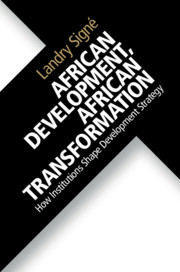
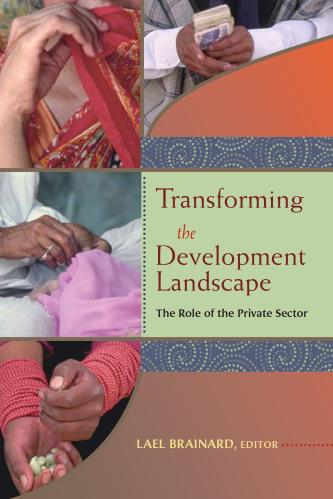
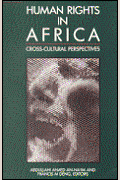
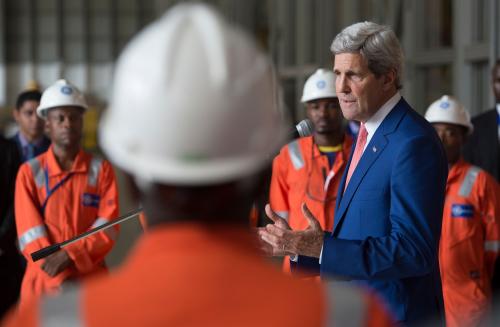
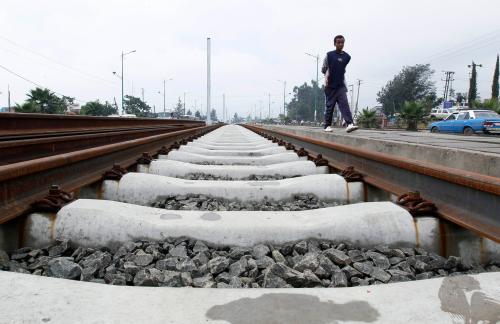
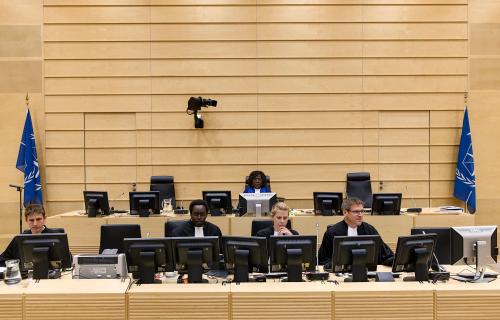



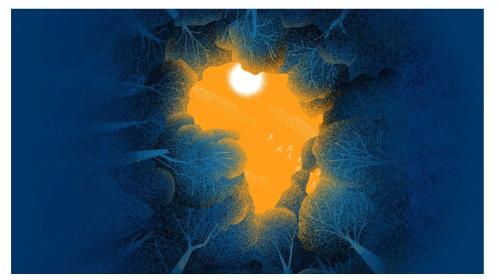
Commentary
Africa in the news: AU summit focuses on youth, South Africa debates Reserve Bank, and Zambian president announces state of emergency
July 7, 2017